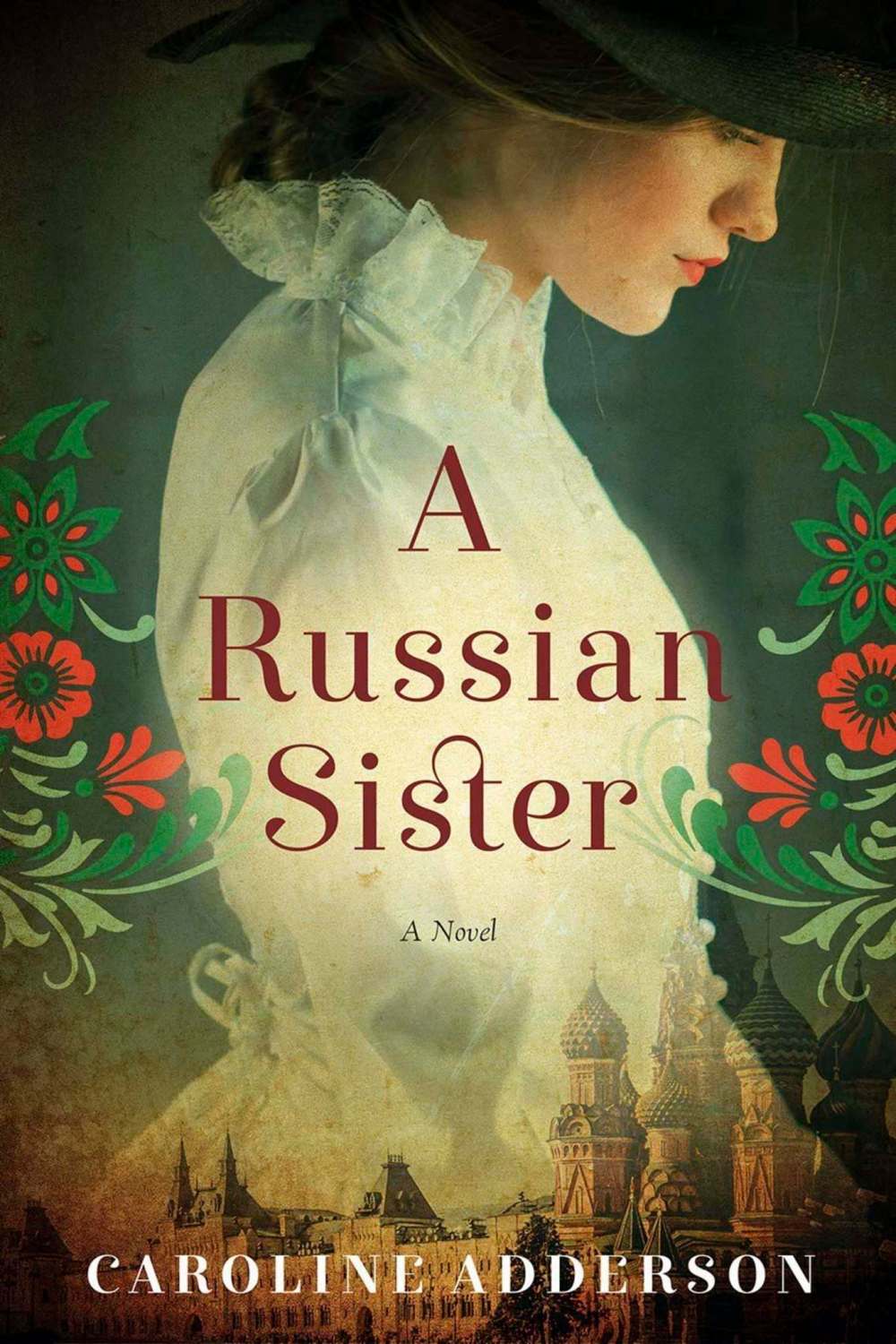Chekhov’s dysfunctional family brought to life
Advertisement
Read this article for free:
or
Already have an account? Log in here »
To continue reading, please subscribe:
Monthly Digital Subscription
$1 per week for 24 weeks*
- Enjoy unlimited reading on winnipegfreepress.com
- Read the E-Edition, our digital replica newspaper
- Access News Break, our award-winning app
- Play interactive puzzles
*Billed as $4.00 plus GST every four weeks. After 24 weeks, price increases to the regular rate of $19.00 plus GST every four weeks. Offer available to new and qualified returning subscribers only. Cancel any time.
Monthly Digital Subscription
$4.75/week*
- Enjoy unlimited reading on winnipegfreepress.com
- Read the E-Edition, our digital replica newspaper
- Access News Break, our award-winning app
- Play interactive puzzles
*Billed as $19 plus GST every four weeks. Cancel any time.
To continue reading, please subscribe:
Add Winnipeg Free Press access to your Brandon Sun subscription for only
$1 for the first 4 weeks*
*$1 will be added to your next bill. After your 4 weeks access is complete your rate will increase by $0.00 a X percent off the regular rate.
Read unlimited articles for free today:
or
Already have an account? Log in here »
Hey there, time traveller!
This article was published 12/09/2020 (1822 days ago), so information in it may no longer be current.
Talk about versatility: After four contemporary novels, two short story collections and several children’s books, Caroline Adderson’s latest literary offering is biographical fiction. A tale of unrequited love, friendship and women’s devotion, her absorbing new novel involves writer Anton Chekhov.
The famed 19th-century Russian writer penned four major plays, including The Seagull, and hundreds of short stories, his most famous one being The Lady with the Dog. It is noteworthy that Chekhov’s writing is referenced in Adderson’s previous novels, The Sky is Falling and Ellen in Pieces.
A Vancouver author, Adderson garnered the 2006 Marion Engel Award for her mid-career body of work in addition to three B.C. Book Awards and three CBC literary prizes. She currently heads The Banff Centre’s Literary Arts program.

A Russian Sister takes place in Moscow and Melikhovo, Chekhov’s country estate, between 1889 and 1896.
At the outset Anton (also known as Antosha), a 30ish-year-old medical doctor, is suffering from depression. The production of his first play flopped, his father went bankrupt, his brother recently died of tuberculosis — and Antosha is also starting to develop the affliction as well.
A teacher and aspiring painter, his younger sister Masha is completely dedicated to her brother, assisting him in her spare time with his writing career. To cheer him up, she introduces Antosha to her friends, but all the romances fizzle. She then brings home Lika, a beautiful but vulnerable co-worker who quickly falls in love with him.
Masha hopes they will marry, but her brother resists, spending time with other women and travelling. As a result, Masha’s friendship with Lika suffers, as does Antosha’s relationship with his sister. The plot thickens as Masha explores other options, some with surprising outcomes.
Written from Masha’s point of view, the brisk, vivid third-person narrative unfolds chronologically: Act 1 introduces us to the characters and tells of Lika and Antosha’s meeting. Act 2 shows cracks in the relationships of Masha, Lika and and Antosha. Act 3 tells of other ups and downs amongst the characters. The final section reveals more about Lika as well as Antosha amid The Seagull’s debut.
Much to Adderson’s credit, the novel is peppered with droll descriptions. For example: “The train stank of wet sheepskin fur and the bodies of people terrified of visiting the baths in winter.”
The narrative also offers wry observations about life; for instance, “a berry not picked rots in the rain” — a statement by a dressmaker about Masha’s state of spinsterhood.
Adderson also offers moments of comic relief, of which Antosha’s mongoose Svoloch (Bastard) is a major source. (Chekhov indeed had such a pet.)
Also commendable is Adderson’s meticulous research on Russian social history as well as on Chekhov and his dysfunctional family. She even includes lines from actual letters in the dialogue and borrows many details from his literary works, thus contributing to the authenticity of the story.
In short, this is an incisive novel told by a master storyteller. The book will especially appeal to literary and theatre aficionados and admirers of Chekhov.
Bev Sandell Greenberg is a Winnipeg writer and editor.


